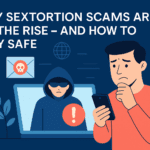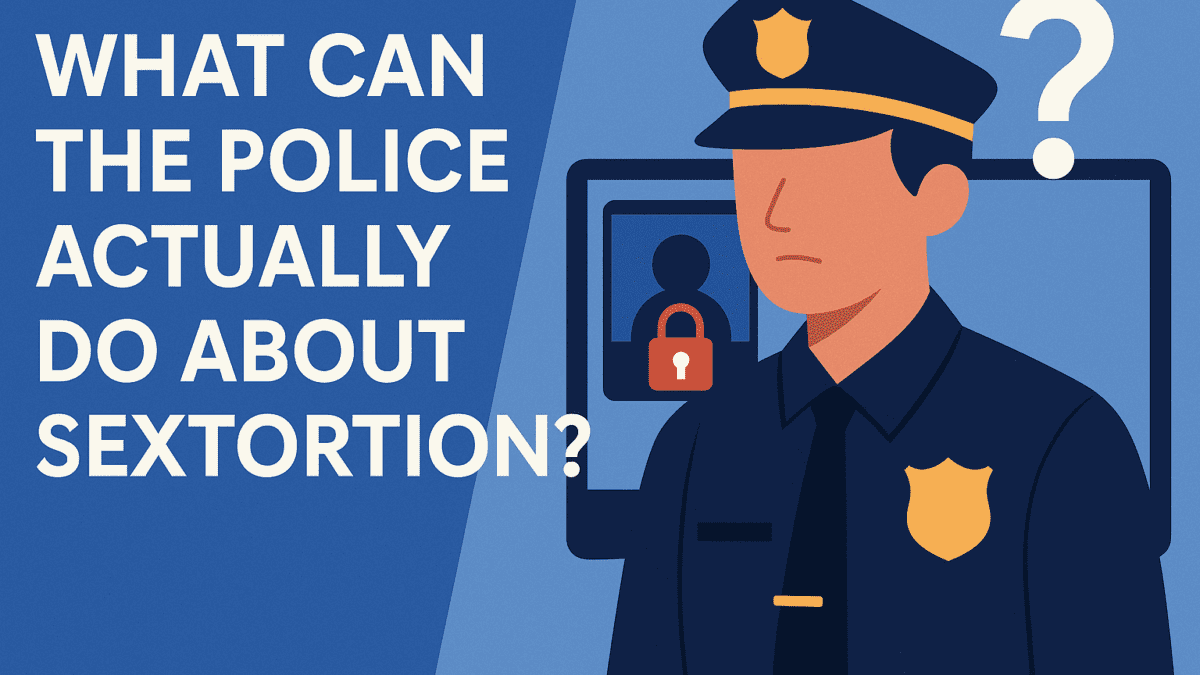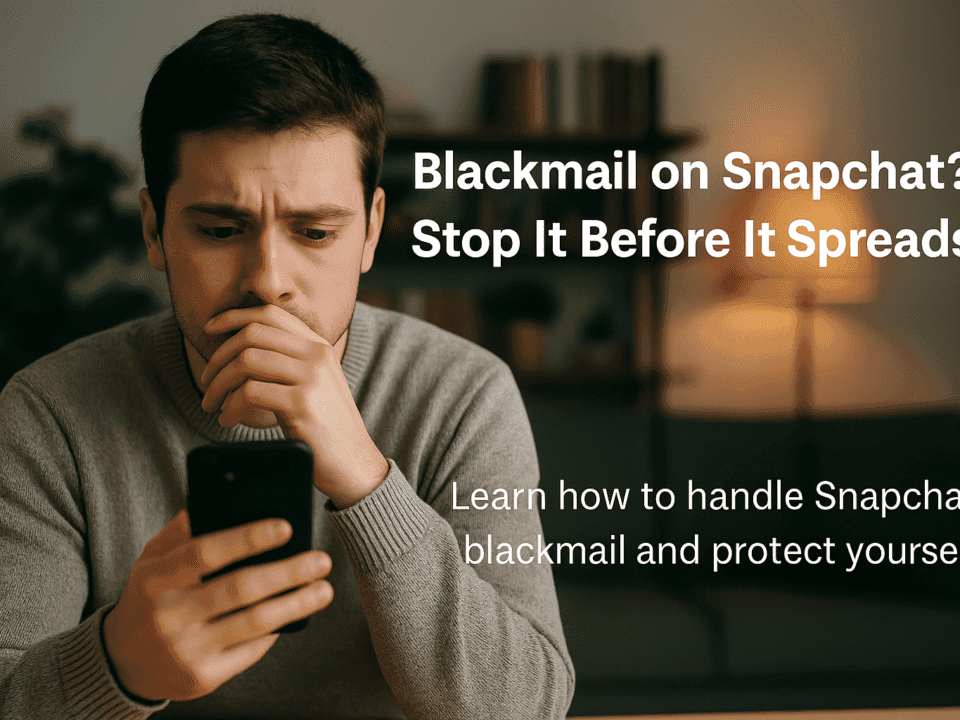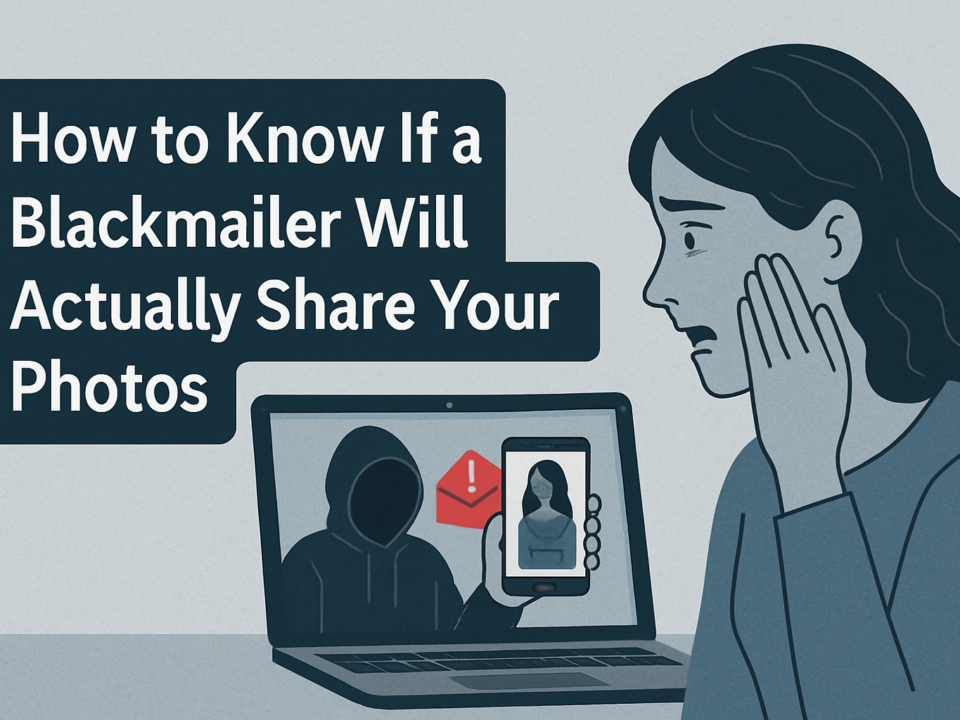
How to Report Sextortion to the Police: A Step-by-Step Guide
June 6, 2025
Why Sextortion Scams Are on the Rise — And How to Stay Safe
June 6, 2025If someone is threatening to leak your private photos or videos unless you pay or comply, you're dealing with sextortion — and it's terrifying.
One of the first questions many people ask is: “Can the police even help me?”
The answer? Yes — but it depends on several factors.
This article explores what law enforcement can and can’t do when it comes to online blackmail, and what you should realistically expect if you report it.
Understanding Sextortion as a Crime
Sextortion is illegal in most countries. It typically falls under laws related to:
Cyber harassment
Extortion or blackmail
Non-consensual image sharing (in some jurisdictions)
Even if the perpetrator is in another country, the crime still matters — and reporting creates an official record.
So, Can the Police Help?
✅ What Police Can Do:
Take your report seriously (especially if you have evidence)
Open an investigation based on your documentation
Collaborate with cybercrime units or digital forensics teams
Request data from platforms (via subpoenas or cooperation)
Work with international agencies if cross-border issues are involved
In many cases, law enforcement may also advise you on steps to protect yourself or prevent further harm.
❌ What Police Can’t Always Do:
Guarantee an arrest, especially if the blackmailer is overseas
Recover sent money (e.g., if paid via cryptocurrency)
Remove content from social media — that often depends on the platform
They’re limited by resources, jurisdiction, and how tech-savvy the perpetrator is. But that doesn’t mean it’s pointless.
Why Reporting Still Matters
Even if the outcome isn’t immediate:
It creates a legal trail that helps if things escalate
It may protect future victims if this person targets others
It gives you proof you took action (useful with banks, platforms, etc.)
Also, in some countries, not reporting could reduce your chances of getting legal support later.
What You Should Do First
Before going to the police:
Gather all evidence: screenshots, messages, usernames, account links, payment demands.
Don’t delete conversations, even if they’re hard to look at.
Avoid further contact with the blackmailer — silence is power.
When you do report, be clear, honest, and as detailed as possible.
Alternatives If Police Aren’t Helpful
In some areas, local police might not be familiar with sextortion cases — or may downplay them. If that happens:
Seek help from digital privacy experts or crisis response teams
Report the account directly to platforms (Instagram, Facebook, etc.)
Reach out to cyber legal support organizations in your country
You are not alone, and you’re not powerless.
Final Thoughts
Police can’t always fix the problem — but they’re still part of the solution.
Taking the step to report sextortion is brave. It’s a move toward reclaiming your power and protecting your future.
If you're facing online blackmail, there is help. And it starts by refusing to stay silent.




